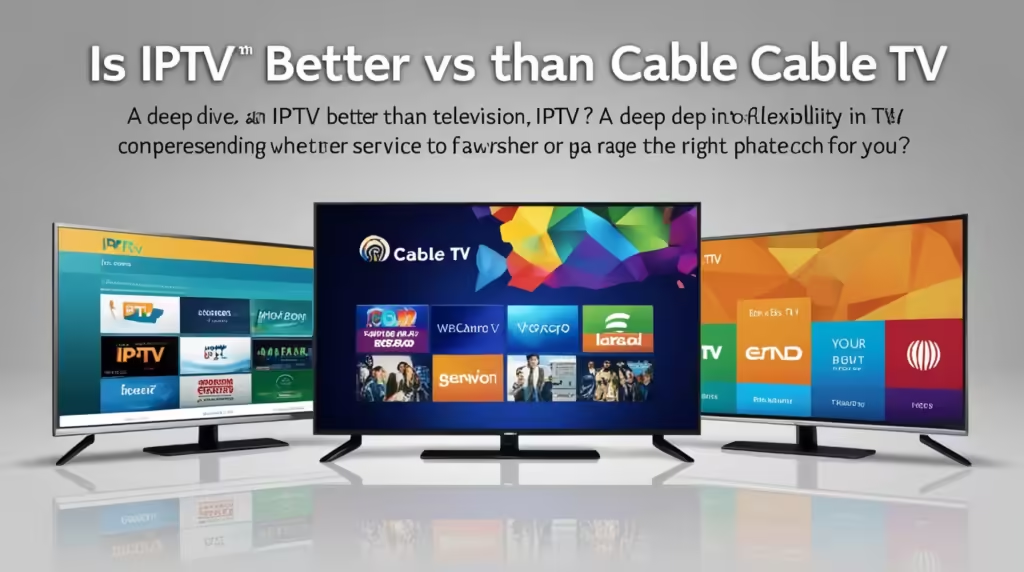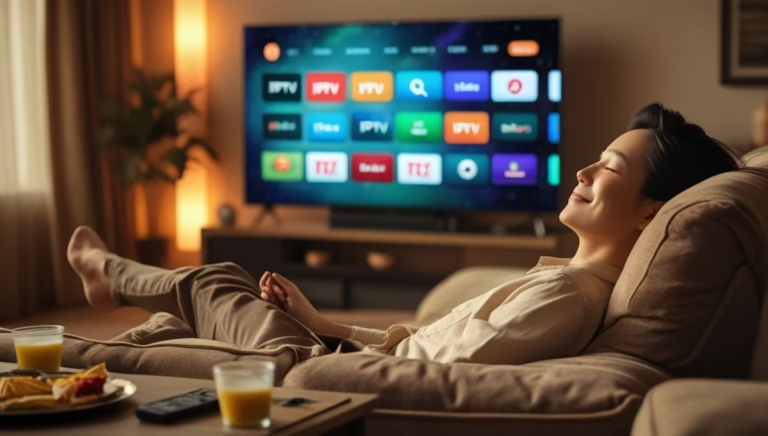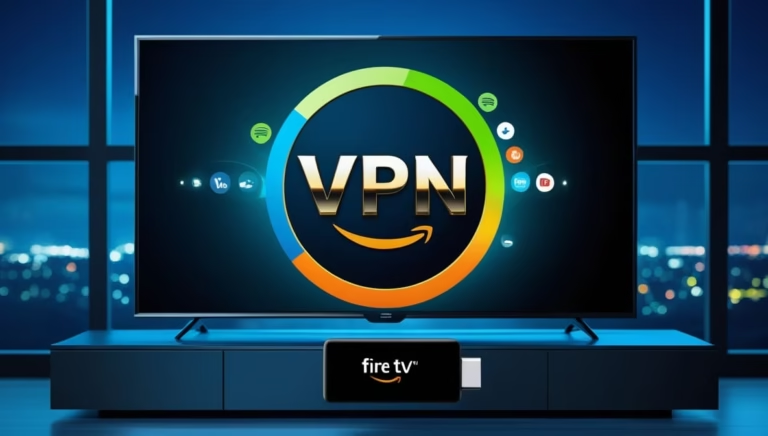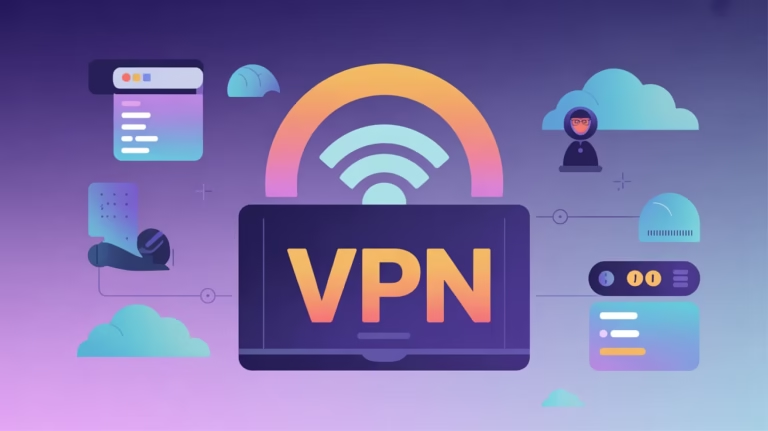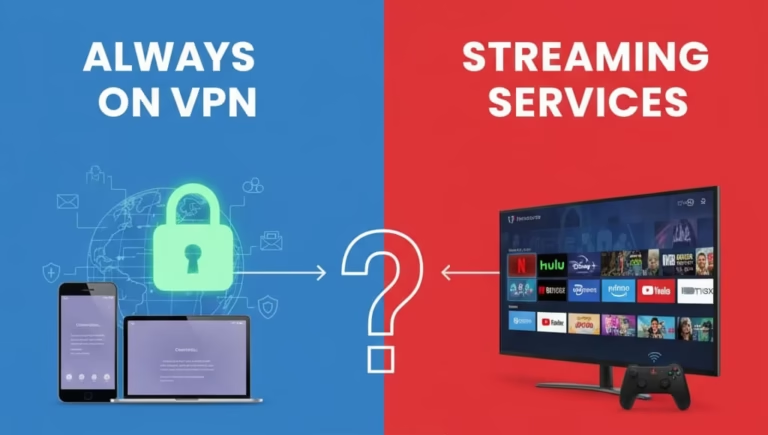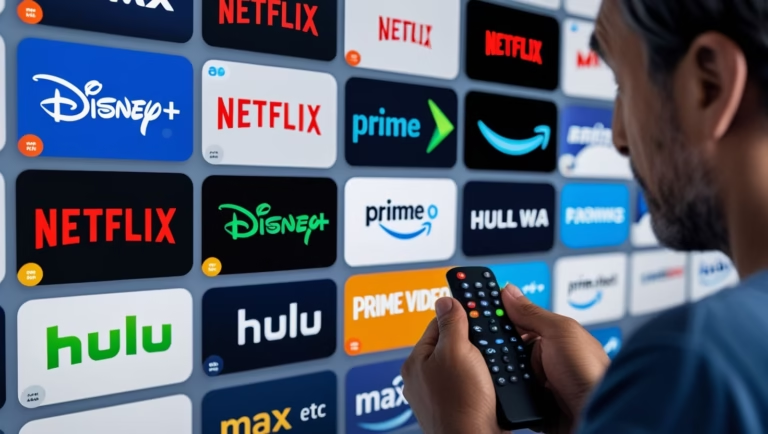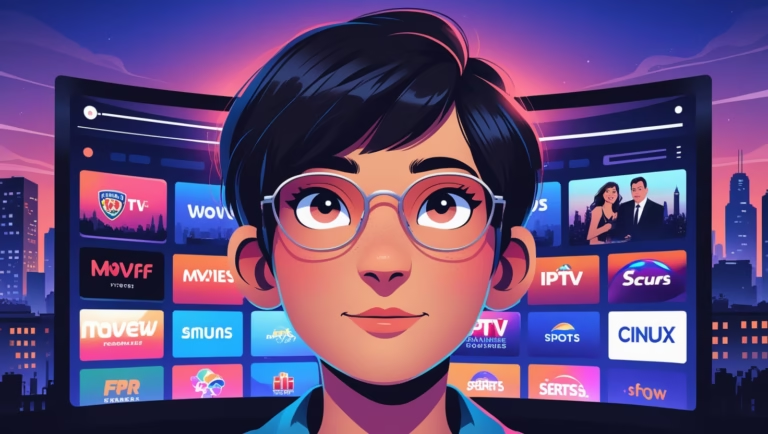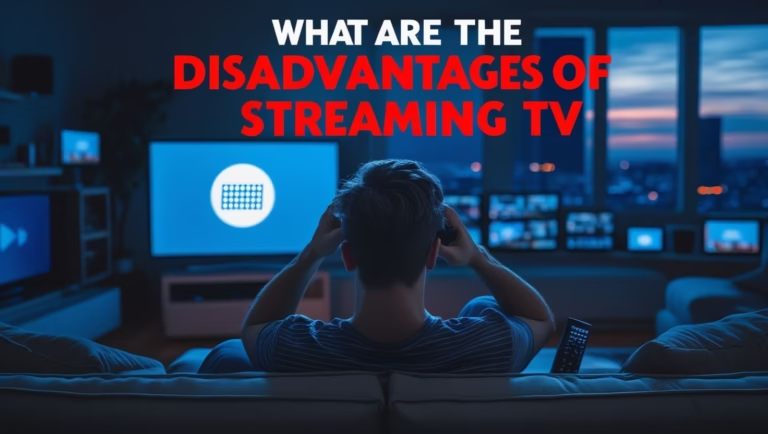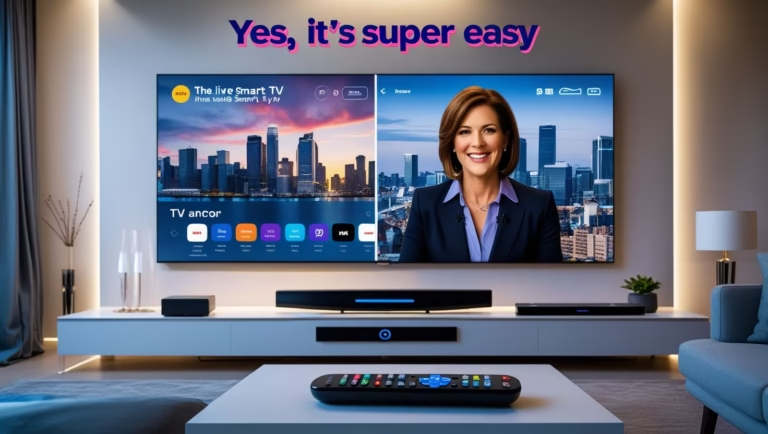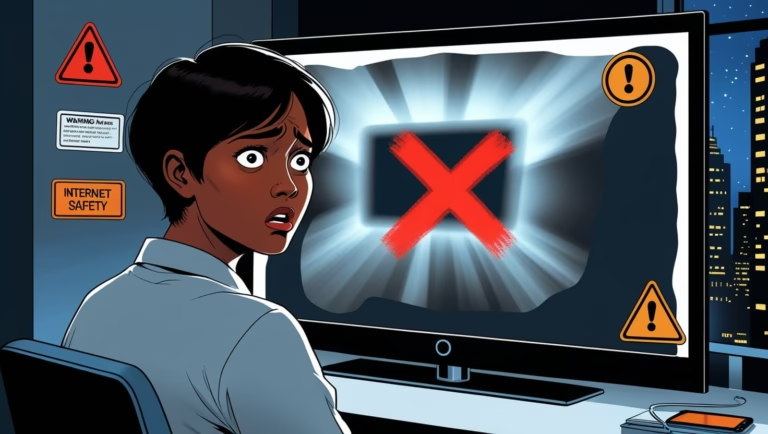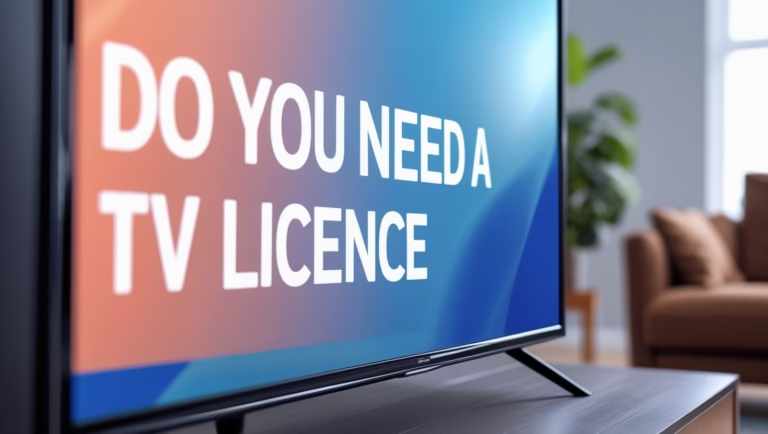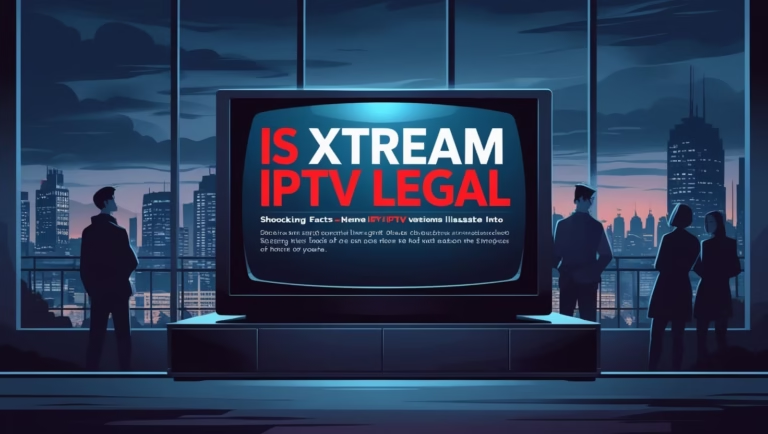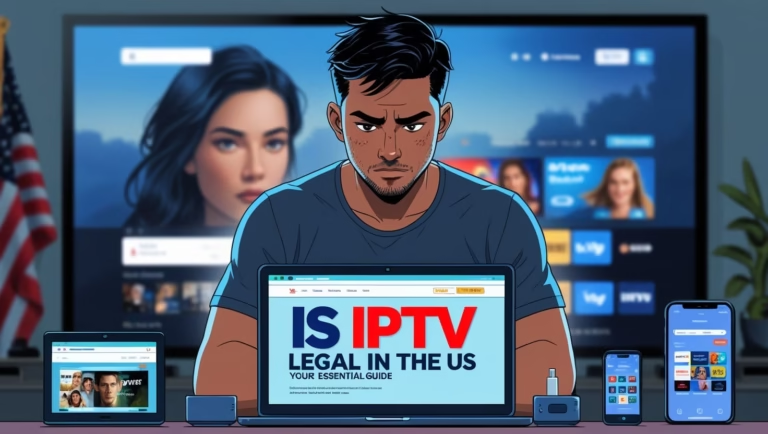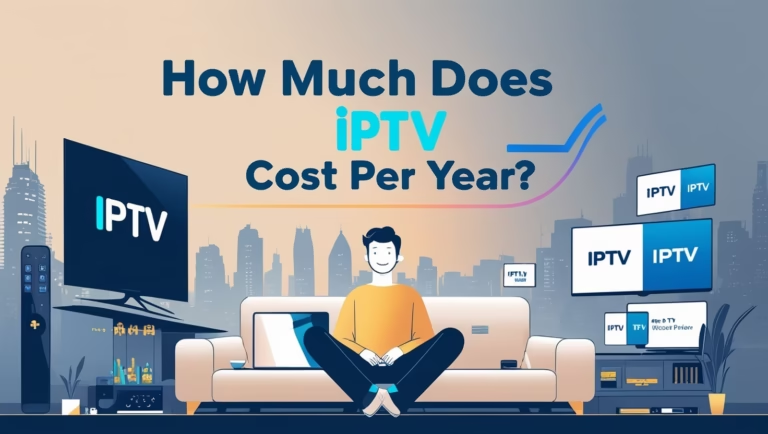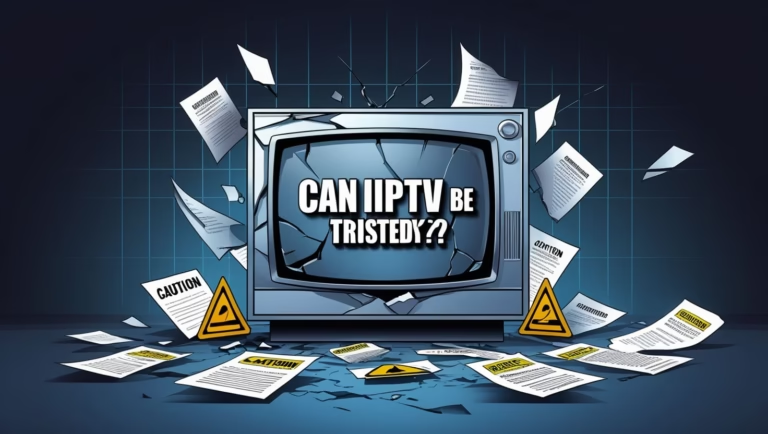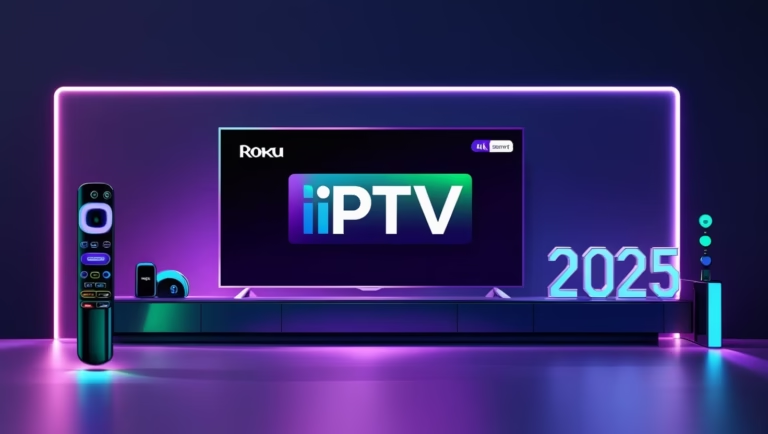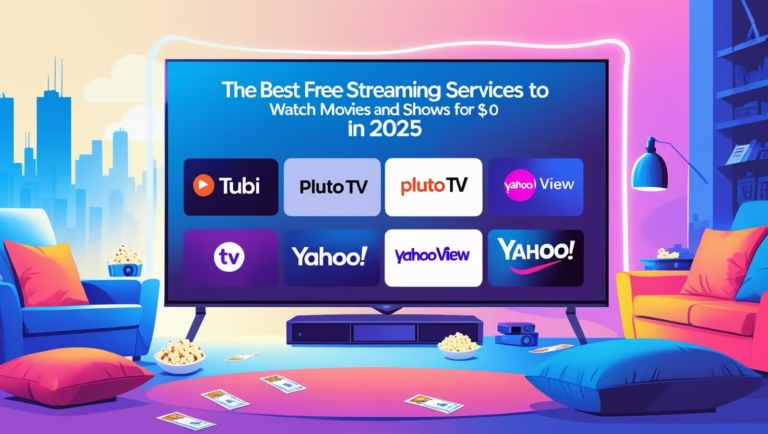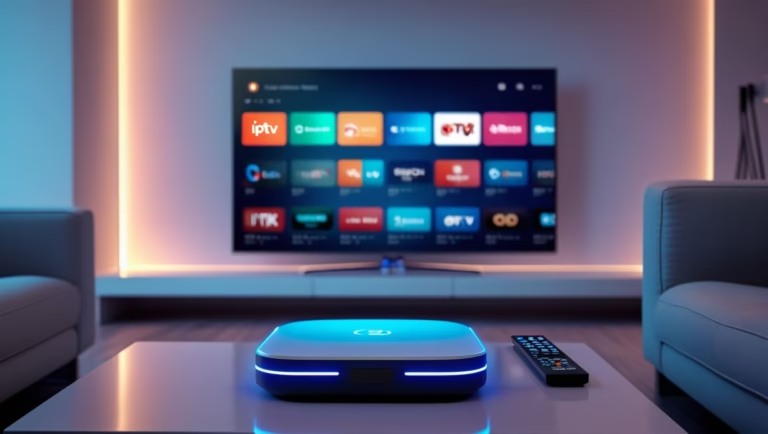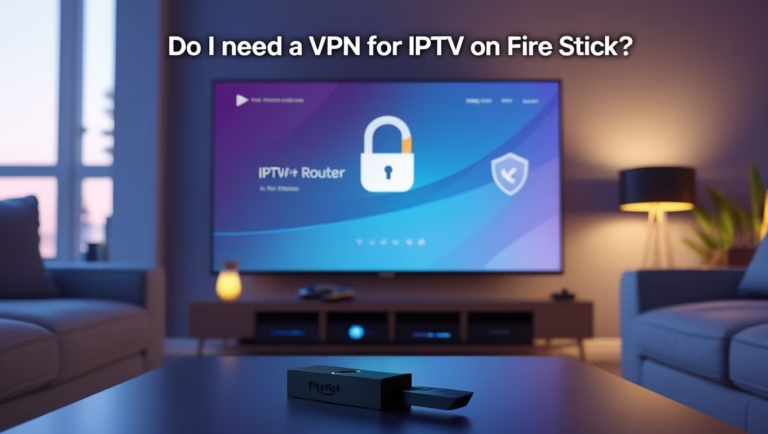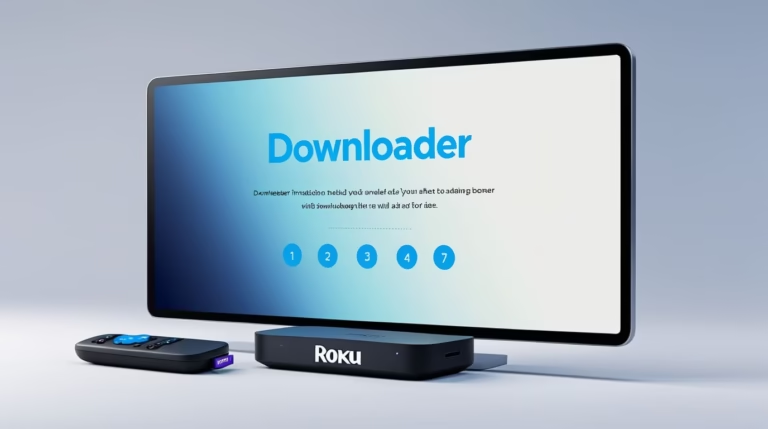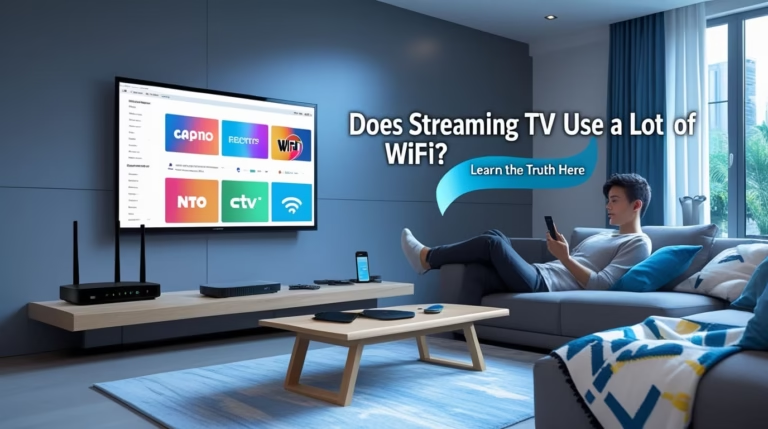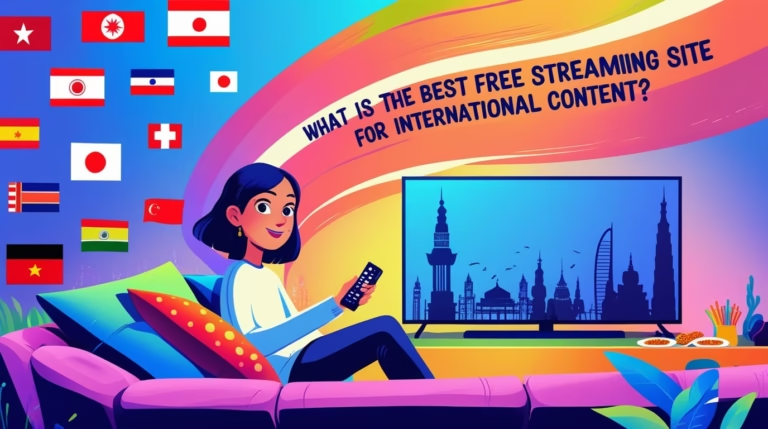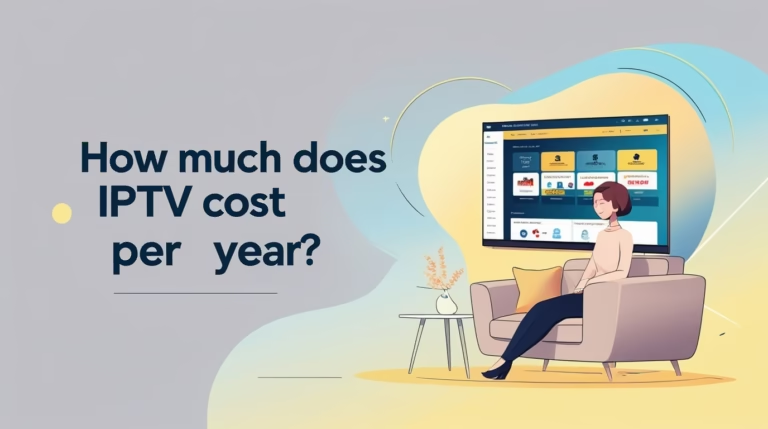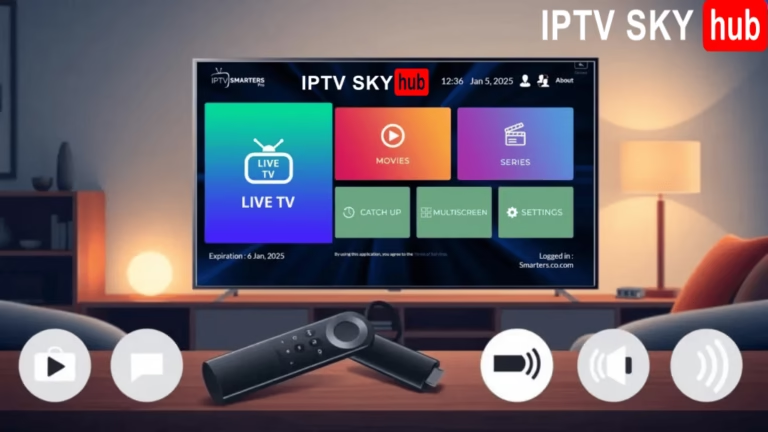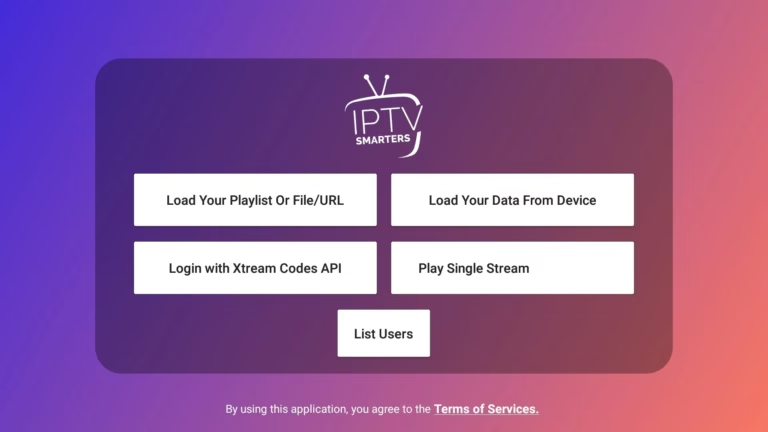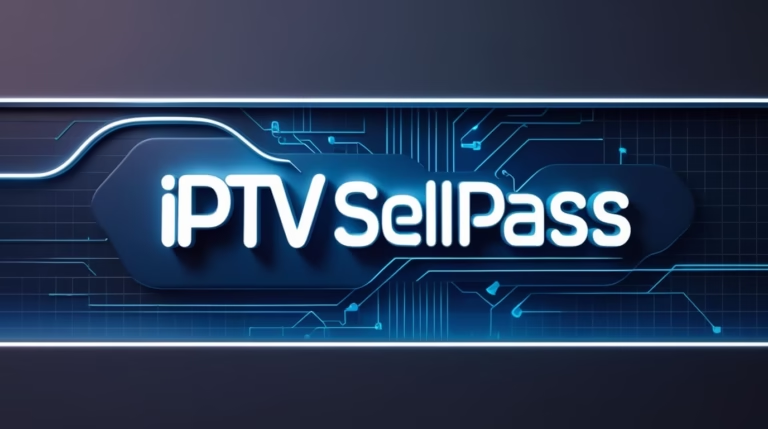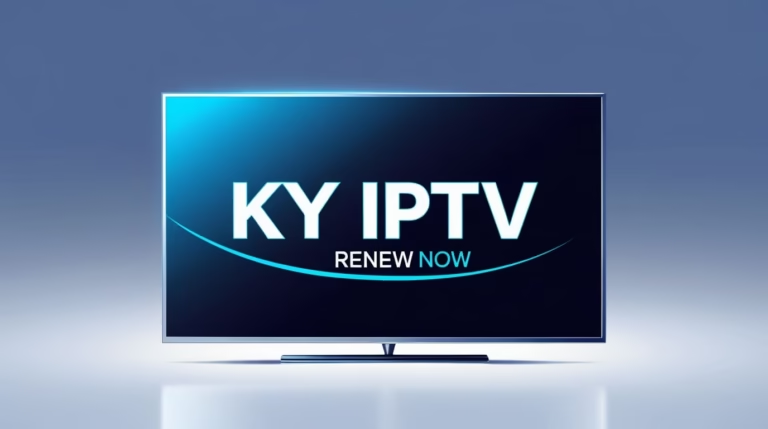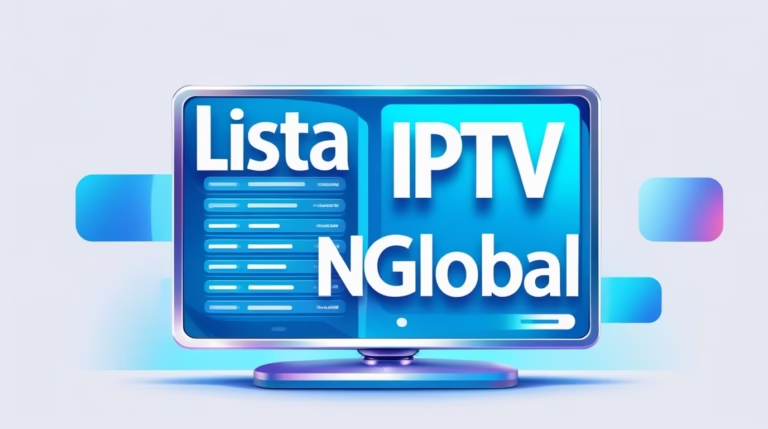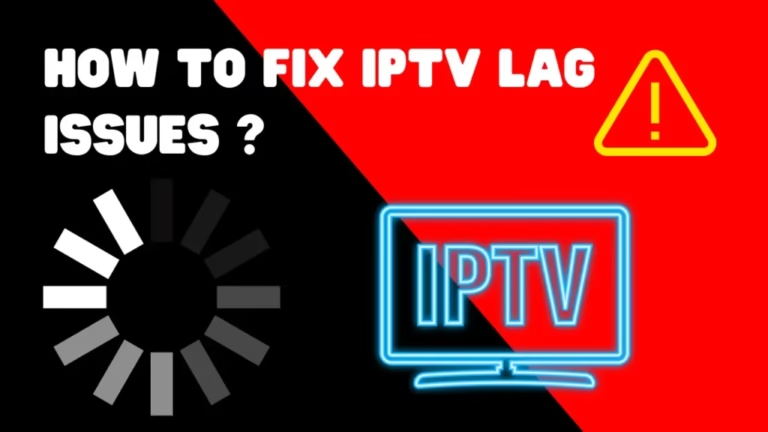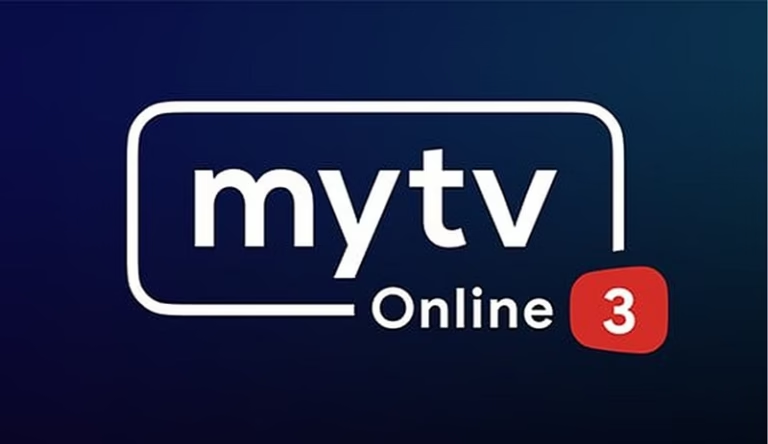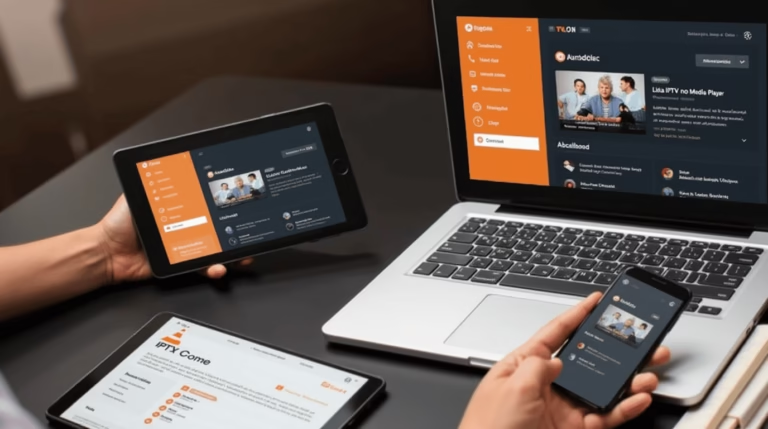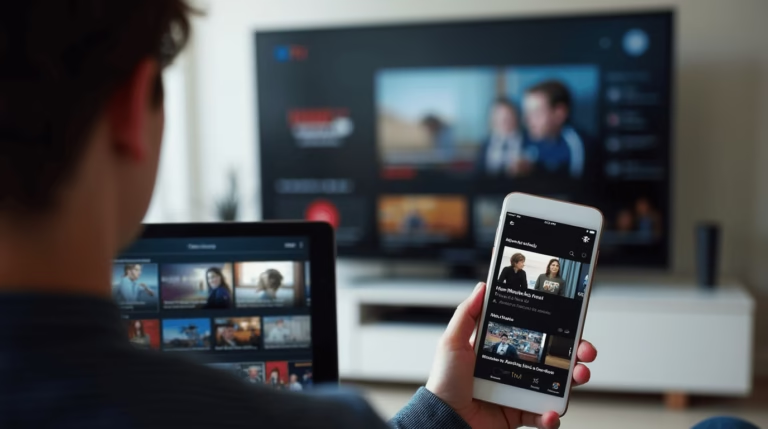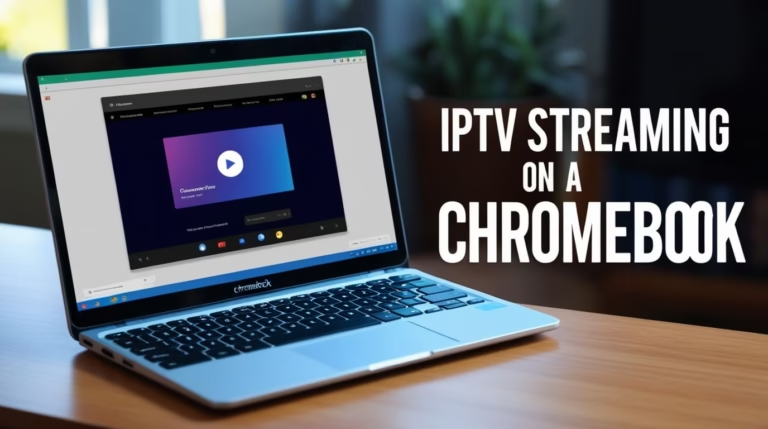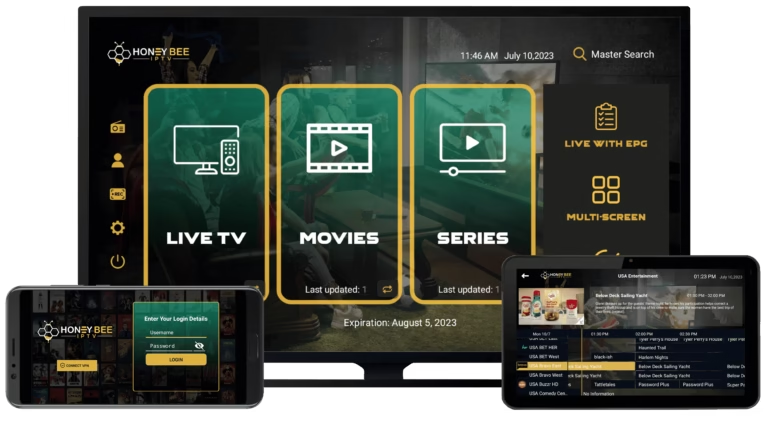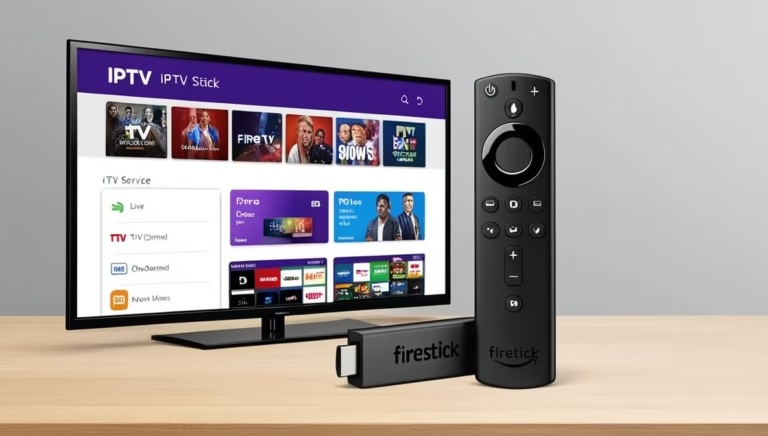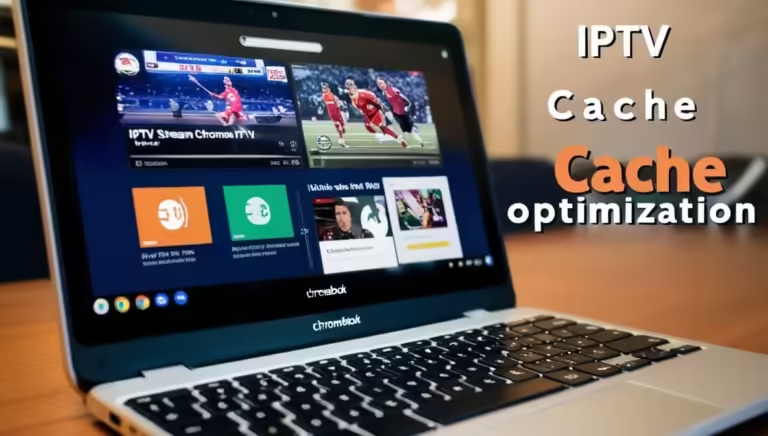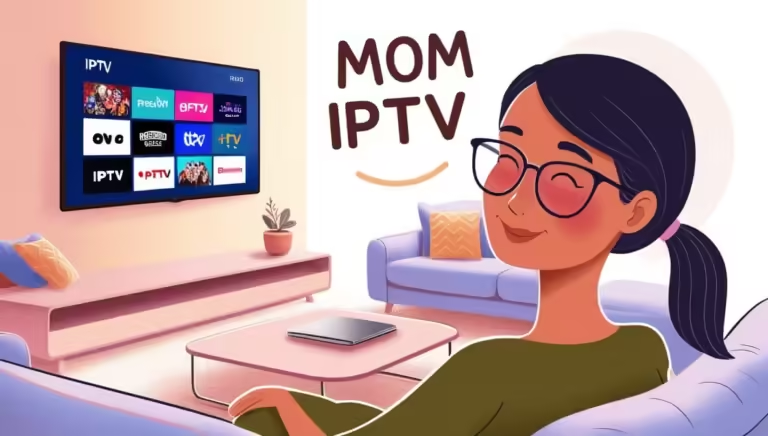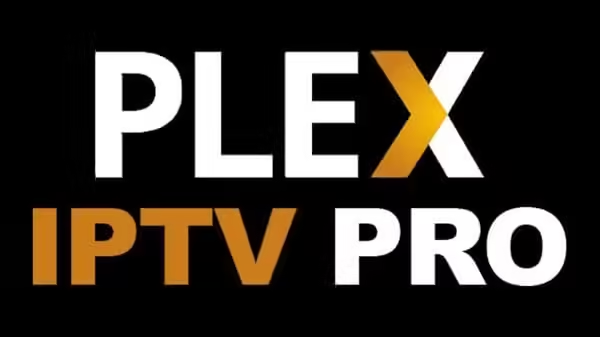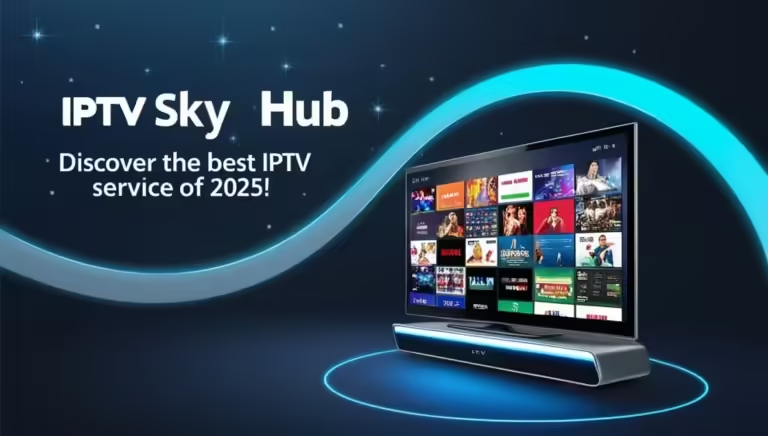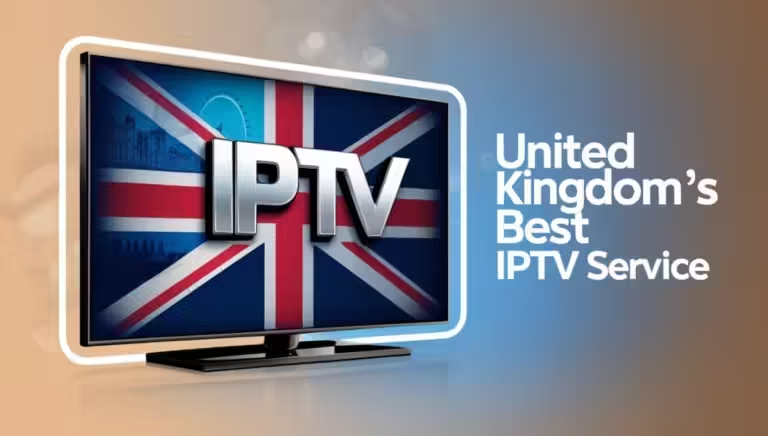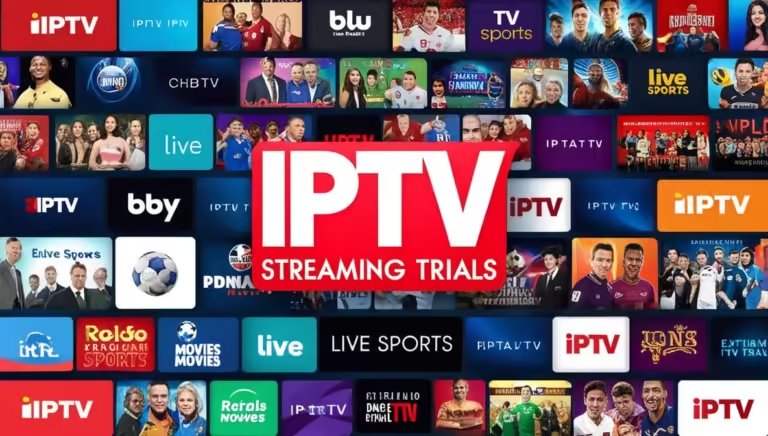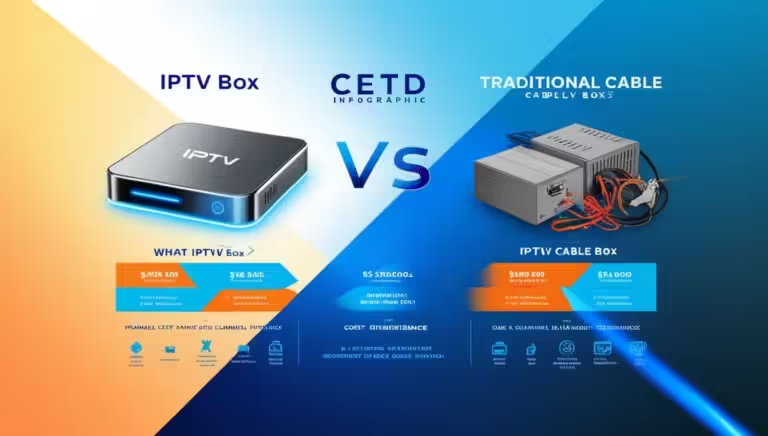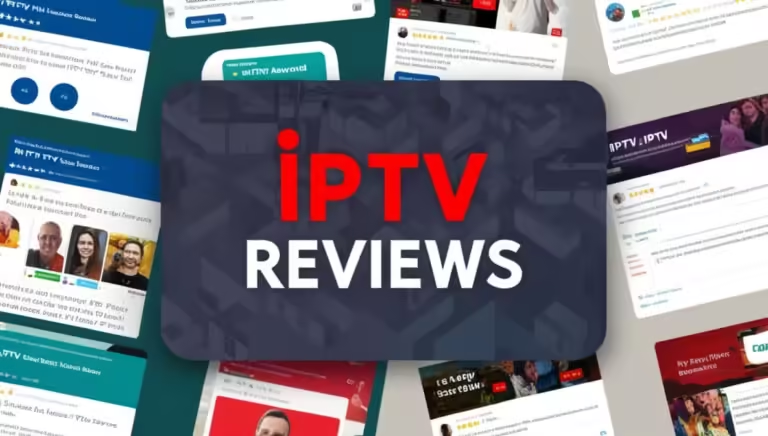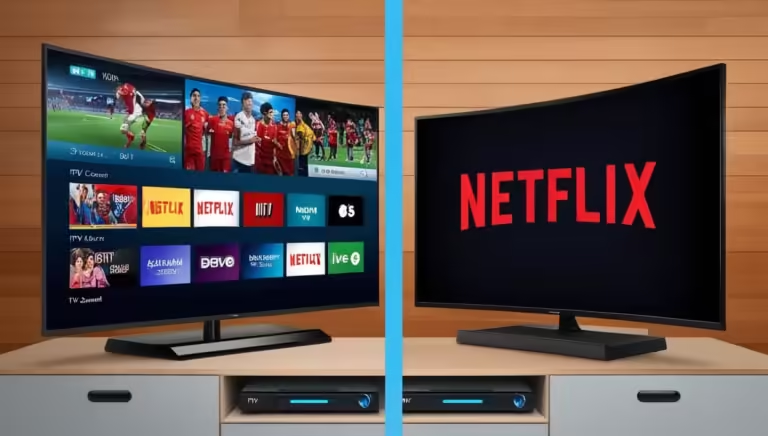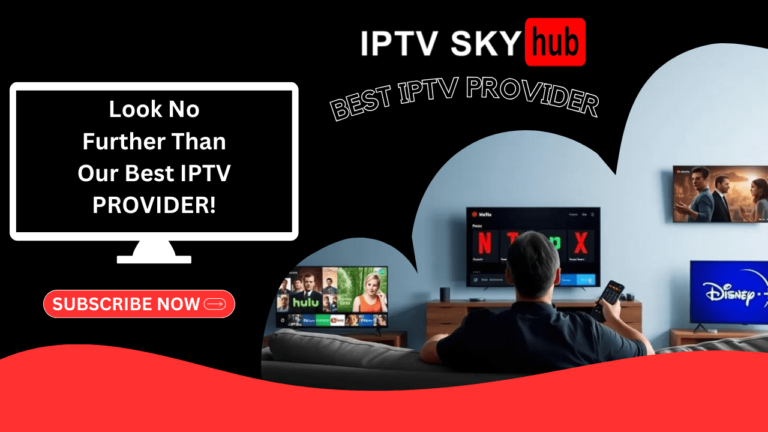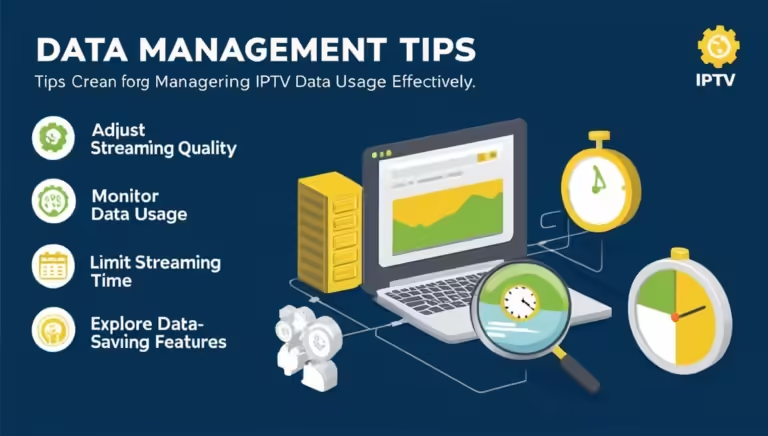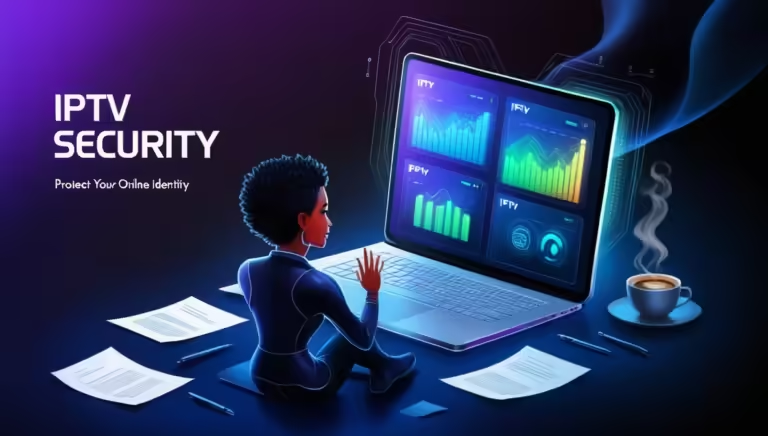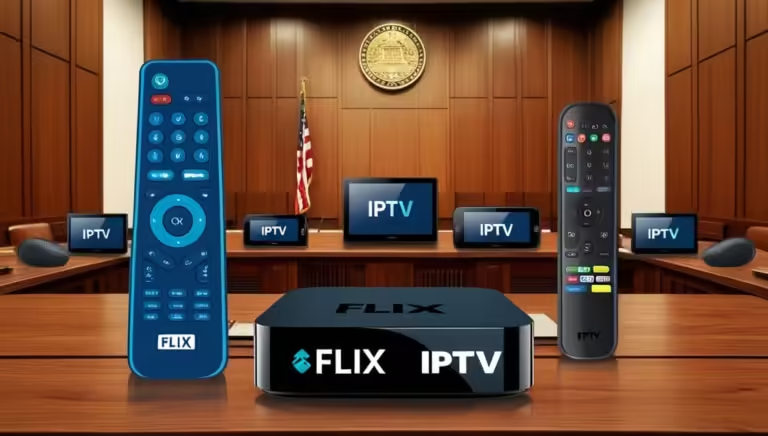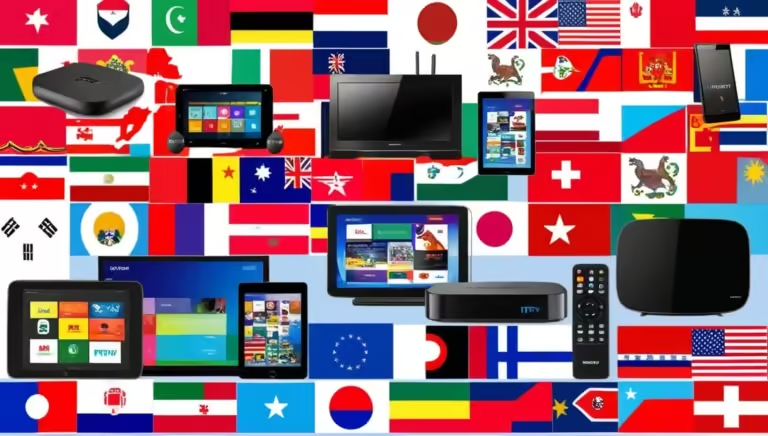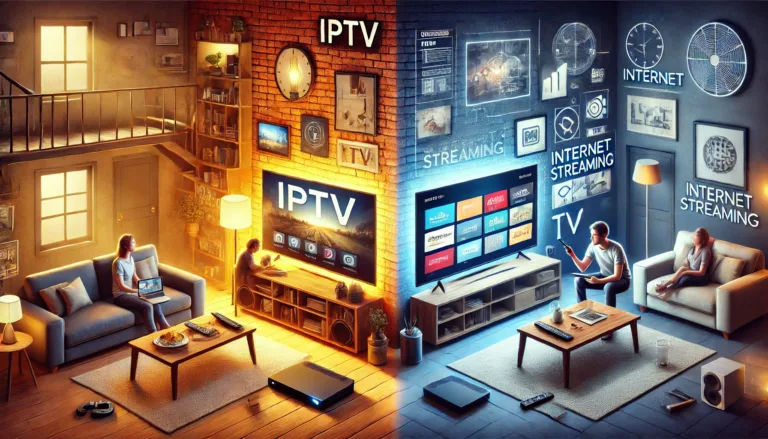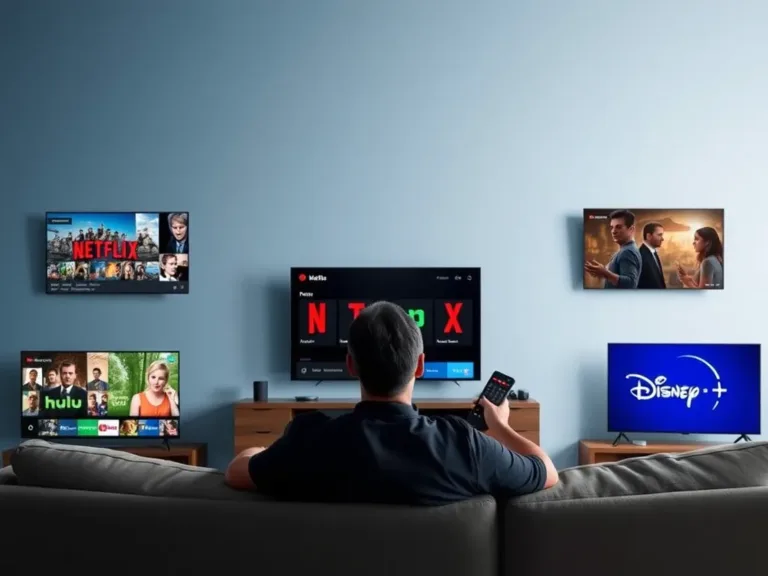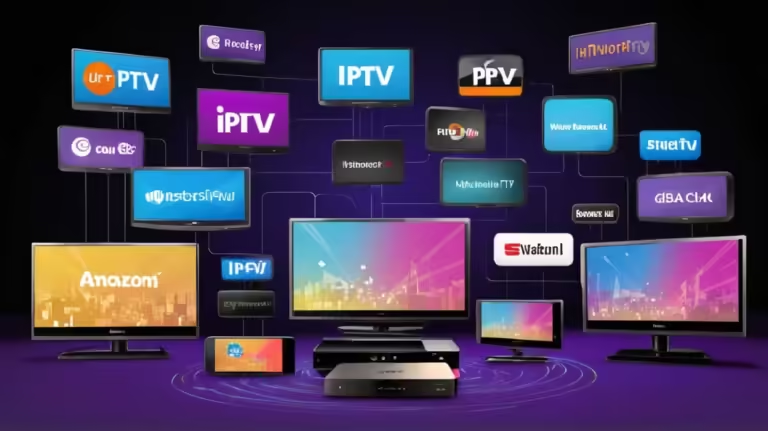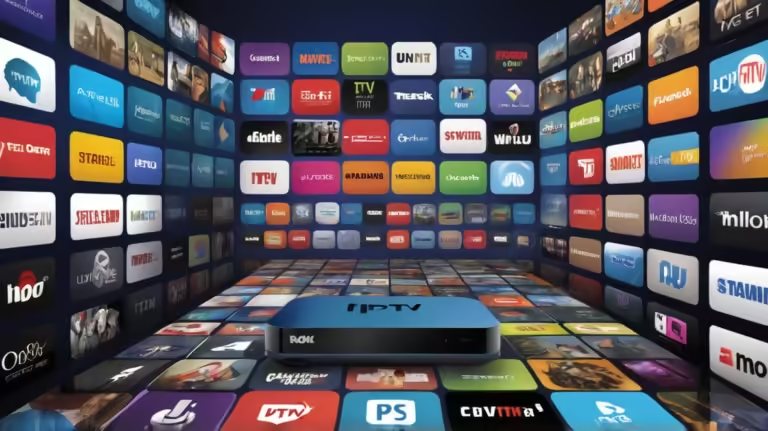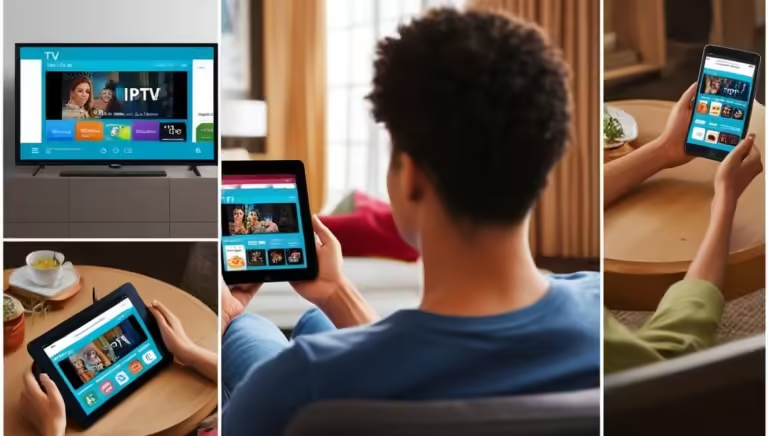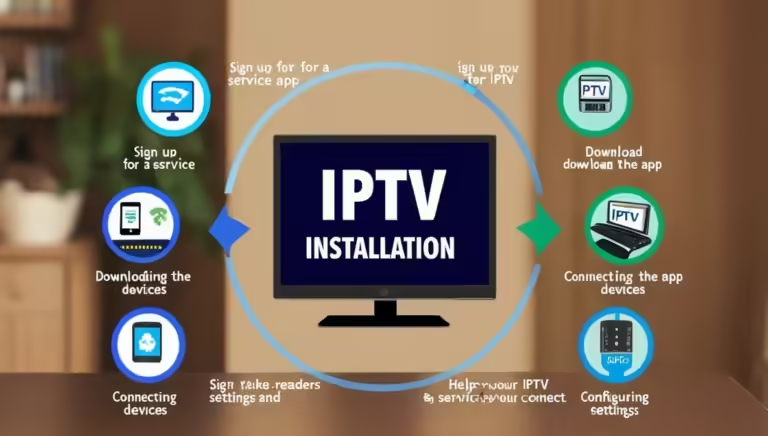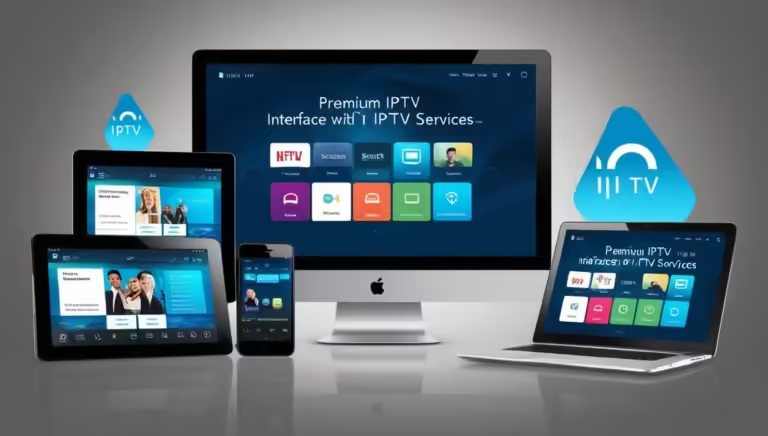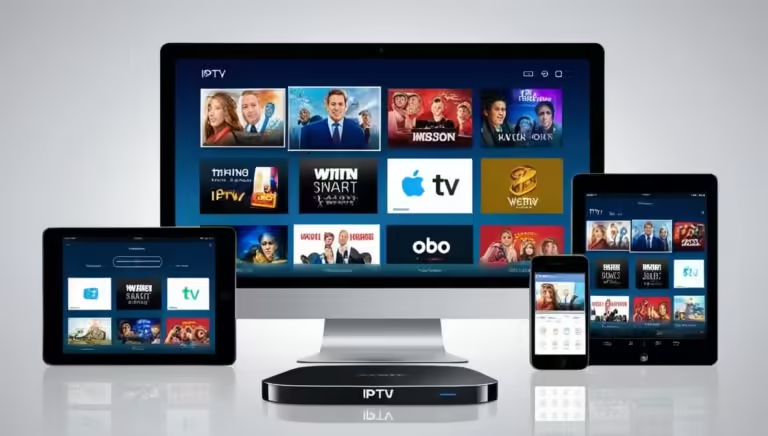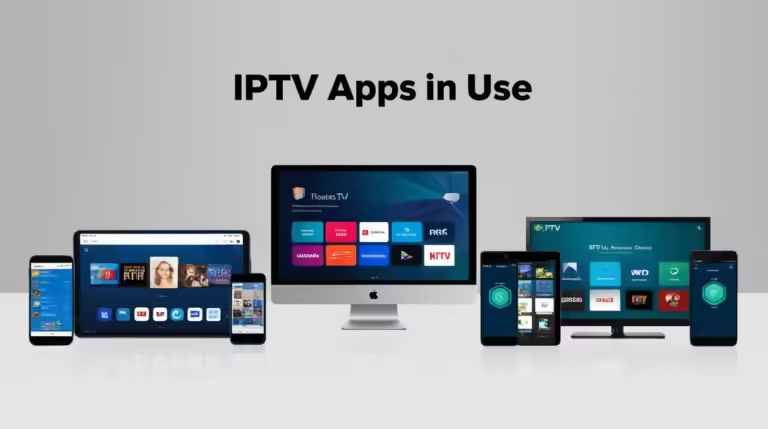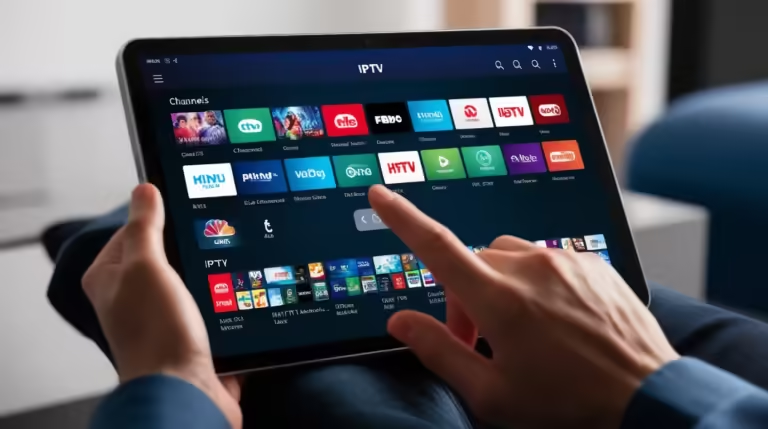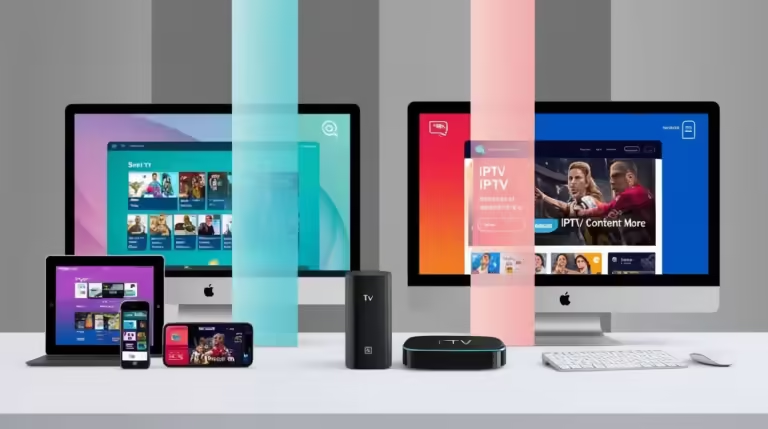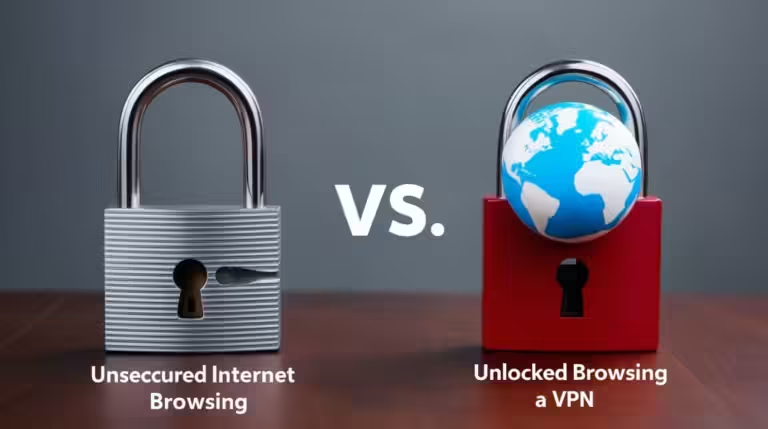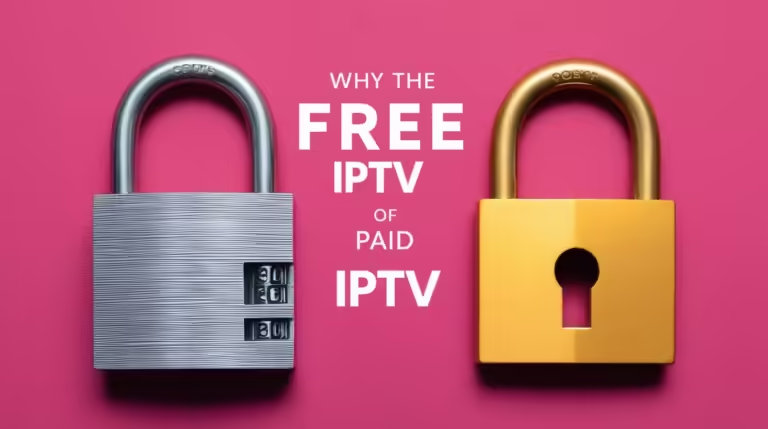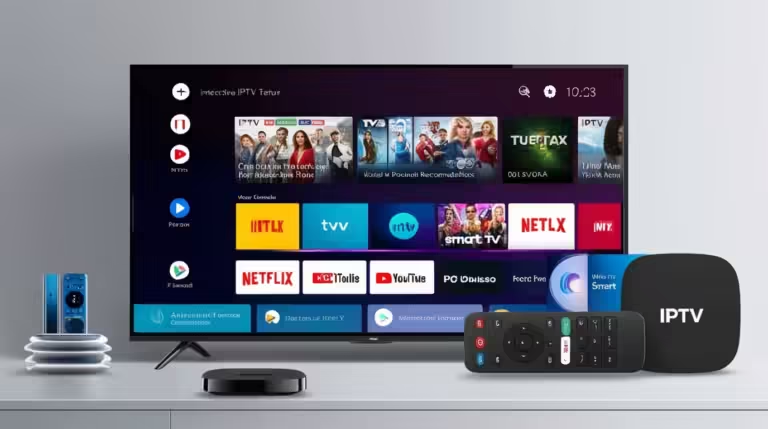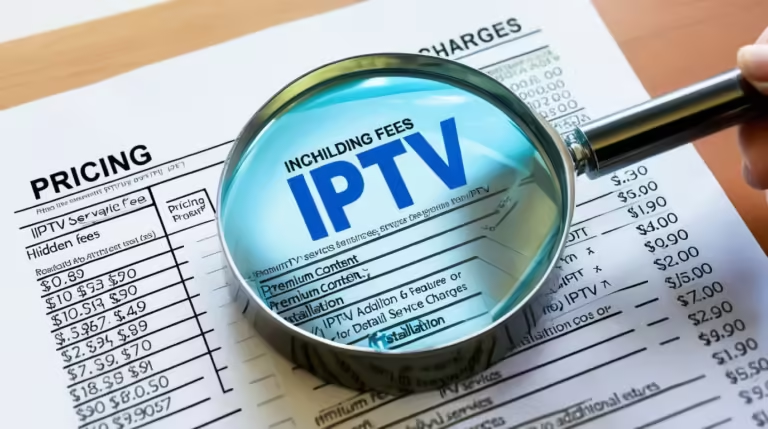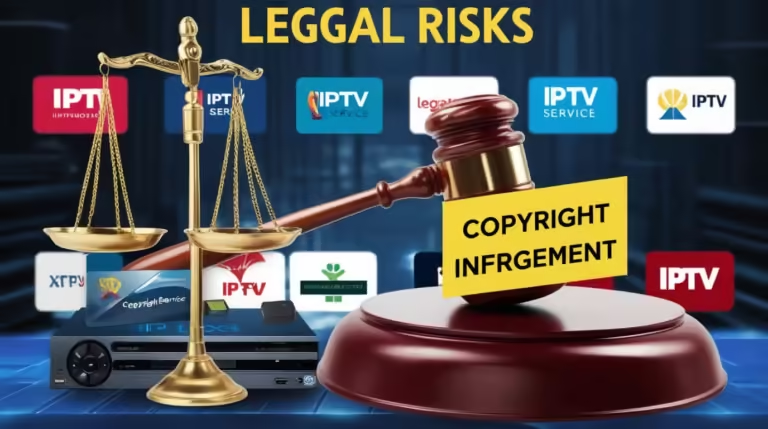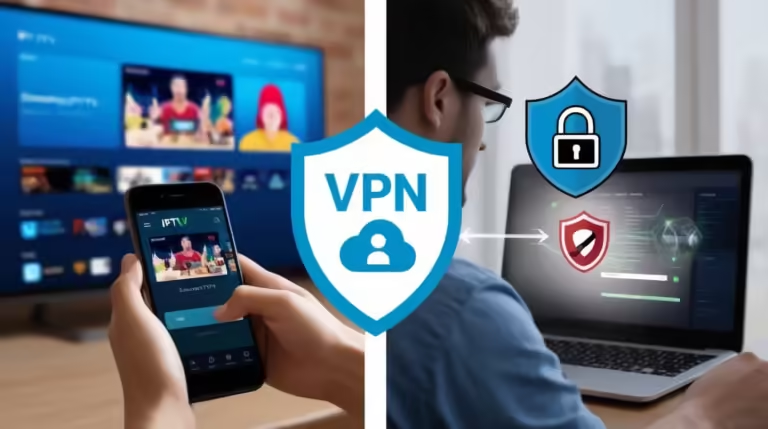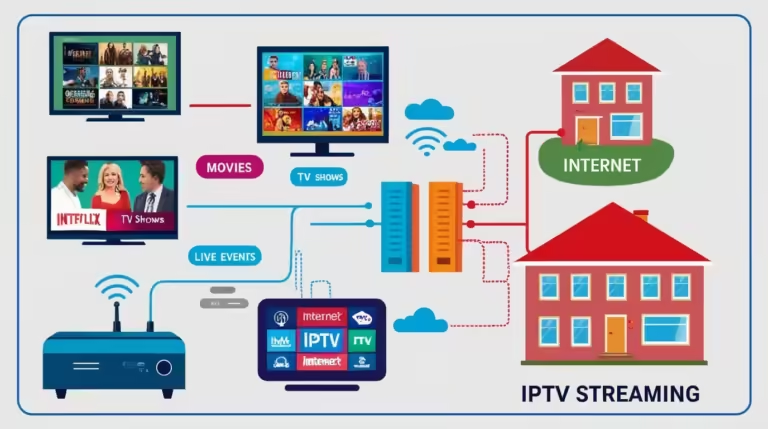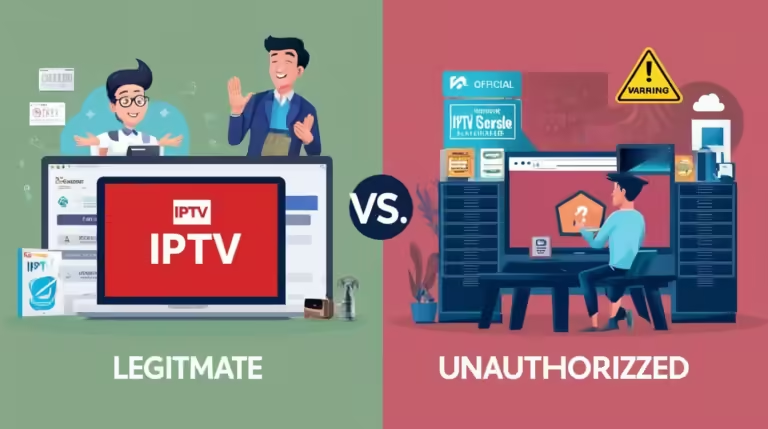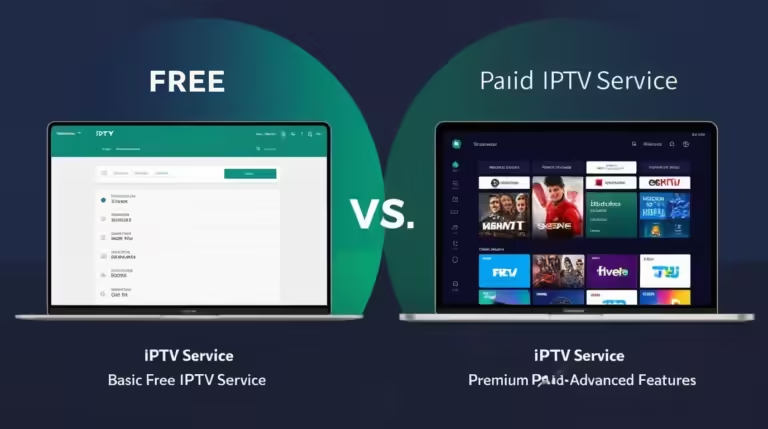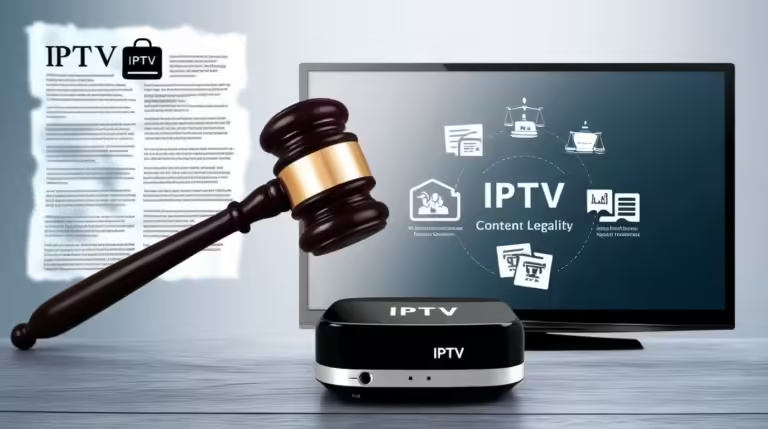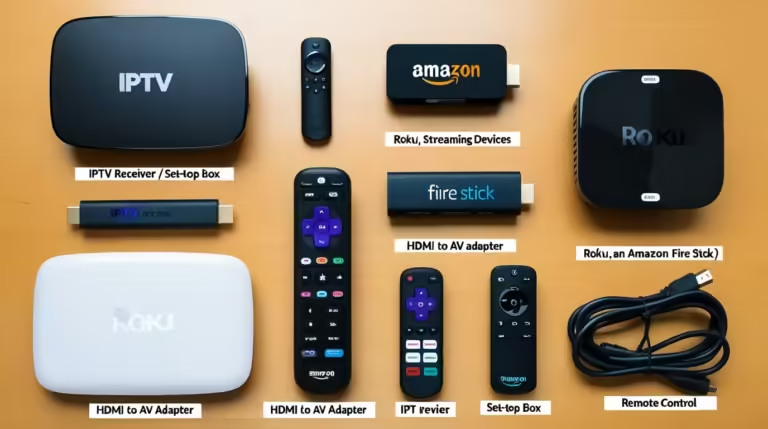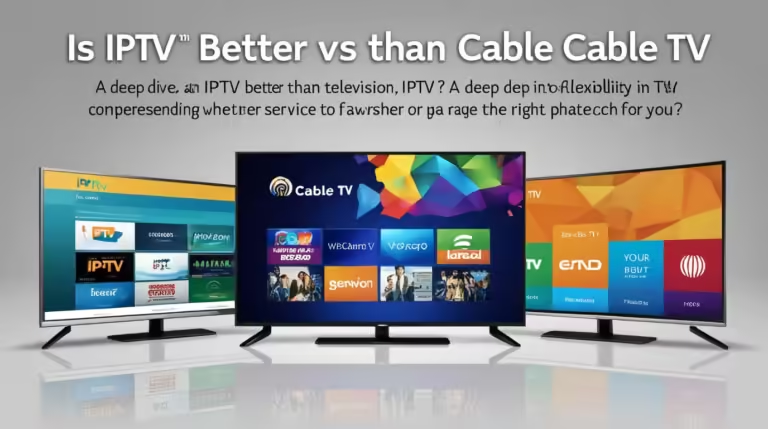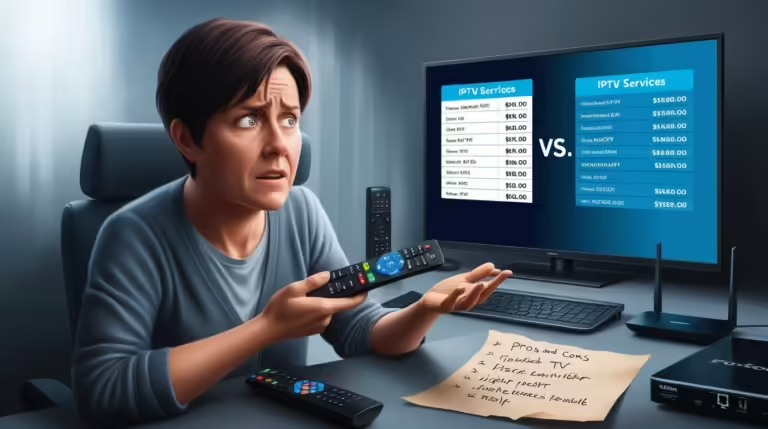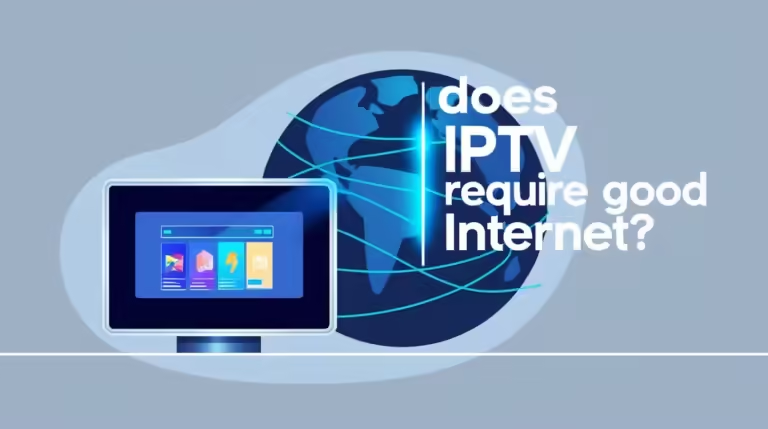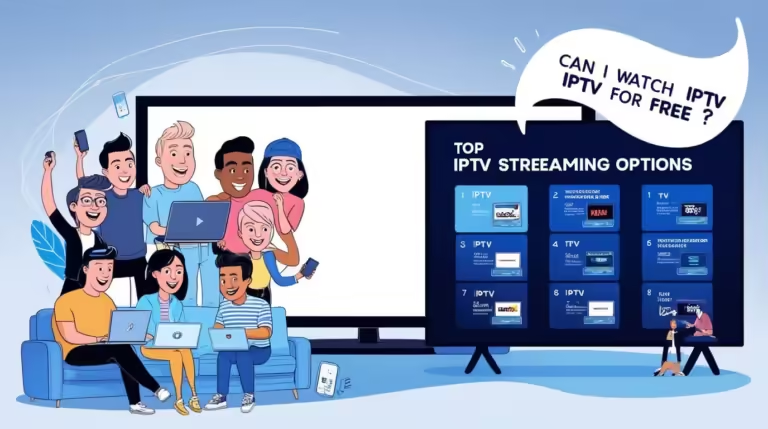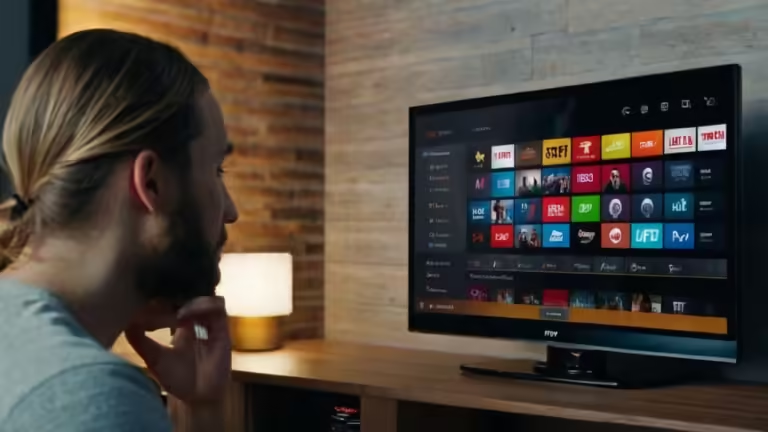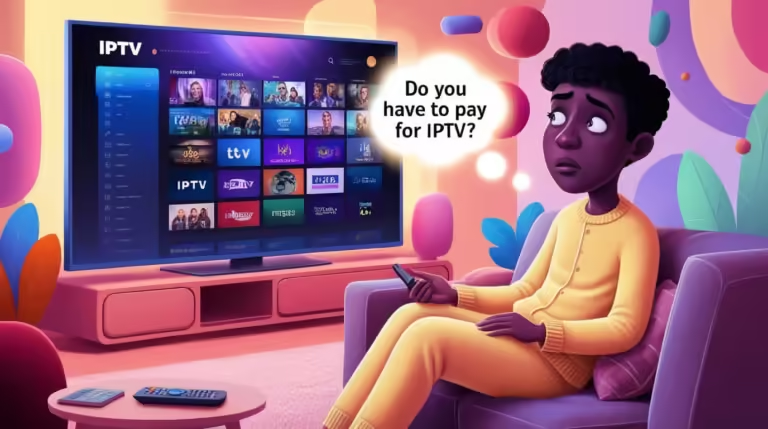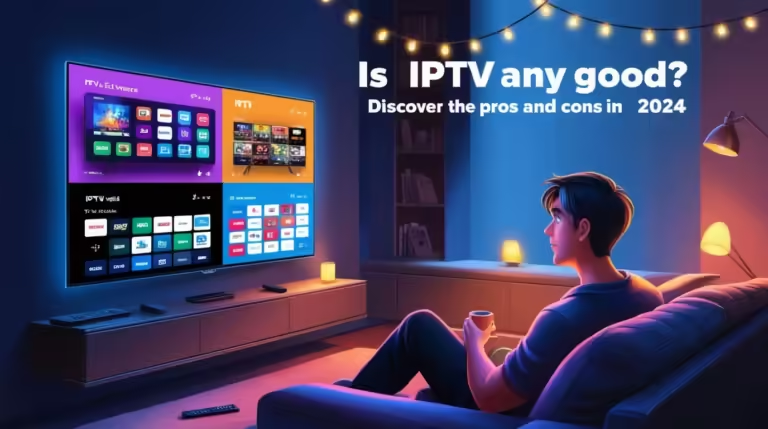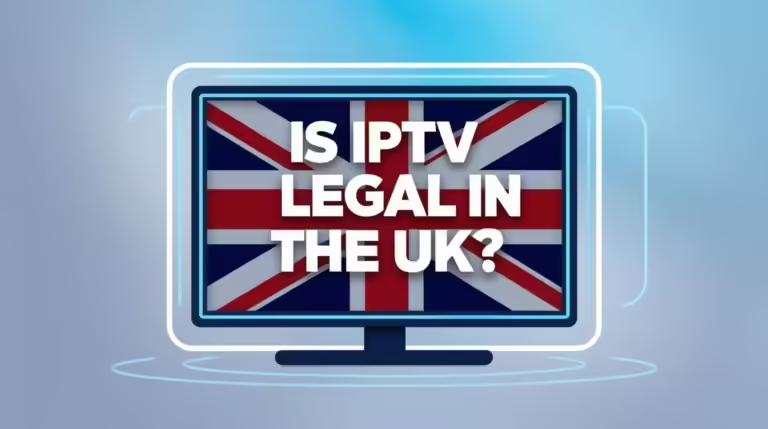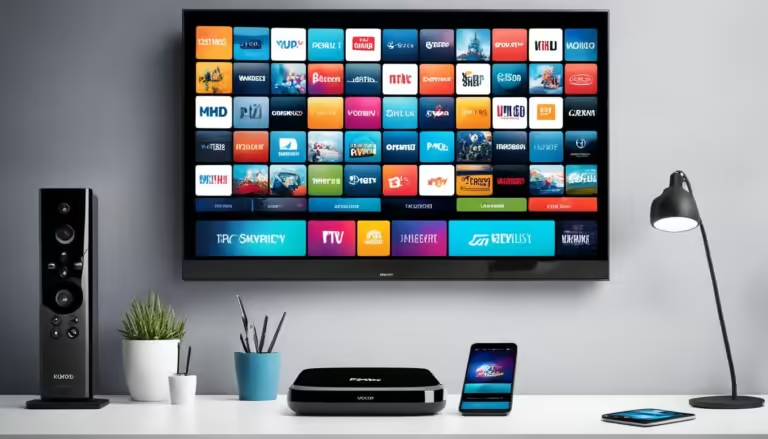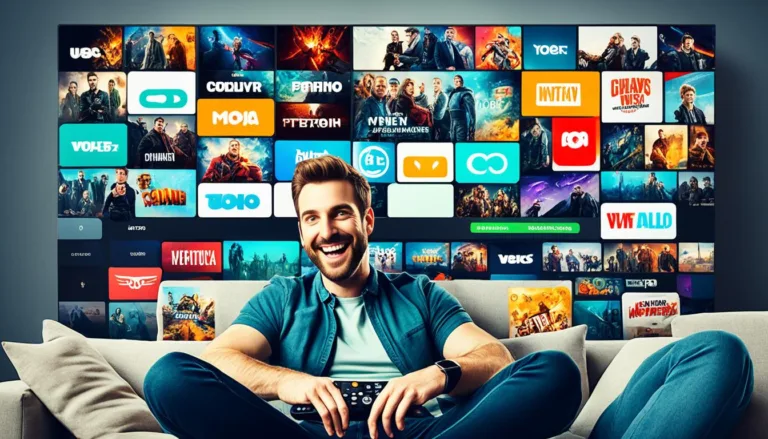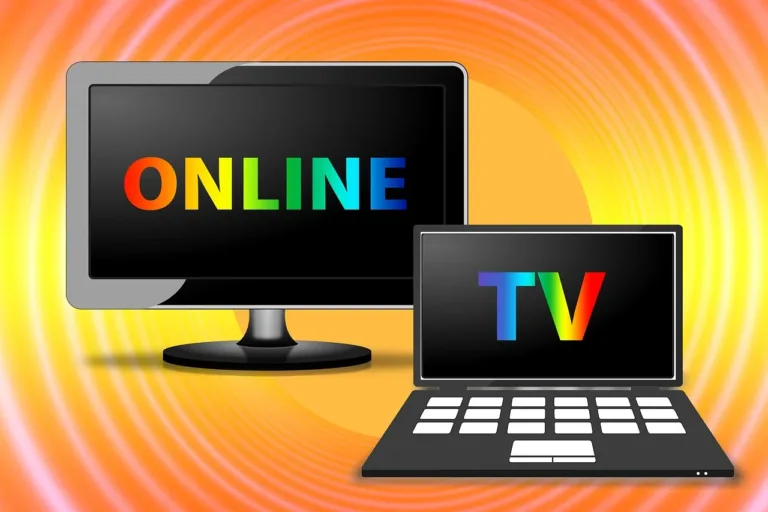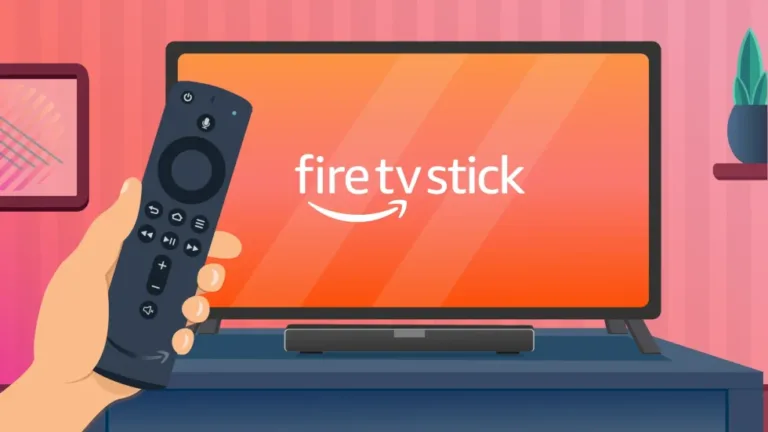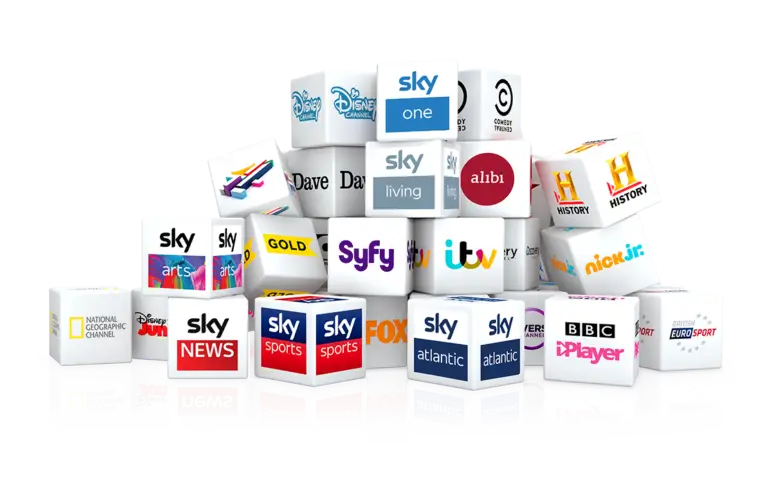In an era where technology is evolving at an unprecedented pace, the way we consume television has dramatically changed. The debate between Internet Protocol Television (IPTV) and traditional cable TV has become increasingly relevant as viewers seek more flexibility and features in their entertainment options. The question on everyone’s mind: Is IPTV better than cable TV? This comprehensive article will explore the nuances of both technologies, diving deep into their features, flexibility, cost, content availability, and user experience to determine which service might be the right choice for you.

Understanding IPTV and Cable TV: What Makes Them Different?
Before diving into whether IPTV is better than cable TV, it’s essential to understand what sets these two technologies apart. Cable TV, the traditional method of television distribution, relies on a physical cable network to deliver channels and content to your television set. This system uses coaxial cables and requires a physical connection to a cable service provider’s infrastructure.
In contrast, IPTV operates over the internet, using IP networks to stream content directly to your devices. Unlike cable TV’s rigid, fixed-channel approach, IPTV delivers content via a broadband internet connection, allowing for a more dynamic and interactive viewing experience. IPTV services can be accessed through various devices, including smart TVs, computers, tablets, and smartphones.
One of the key differences is how content is delivered. Cable TV typically offers a set package of channels, while IPTV services often provide more customizable options, allowing users to choose specific channels or bundles based on their preferences. Additionally, IPTV often supports features like Video on Demand (VoD) and Catch-Up TV, which are not always available with traditional cable TV.
In summary, while cable TV relies on a physical network to deliver content, IPTV uses internet protocols, offering a more flexible and modern approach to television consumption. This foundational difference sets the stage for a deeper exploration of whether IPTV is better than cable TV.
Is IPTV Better Than Cable TV? Examining Features and Functionalities
When evaluating whether IPTV is better than cable TV, features and functionalities play a crucial role. IPTV services come equipped with a range of features that often surpass traditional cable offerings.
One notable feature of IPTV is its on-demand capability. With IPTV, viewers can access a vast library of content whenever they choose, without being tied to a fixed broadcast schedule. This flexibility means you can watch movies, TV shows, or even catch up on missed episodes at your convenience. Cable TV, on the other hand, typically requires adherence to a broadcast schedule unless you have a DVR or other recording device.
Another significant advantage of IPTV is its ability to deliver high-definition and even 4K content. While many cable TV providers offer HD channels, IPTV services often provide superior streaming quality, including ultra-high-definition options that enhance the viewing experience.
Interactive features are another area where IPTV shines. Many IPTV services include options for interactive TV apps, live streaming of events, and integration with social media platforms. This level of interactivity can transform the way you engage with content, offering a more immersive experience compared to the relatively static interface of cable TV.
In terms of user control, IPTV often provides a more intuitive and user-friendly interface. With features like customizable channel lists, easy navigation, and advanced search options, IPTV users can tailor their viewing experience to their preferences more effectively than with cable TV.
Overall, when it comes to features and functionalities, IPTV frequently offers a more advanced and flexible viewing experience compared to traditional cable TV.

The Flexibility Factor: Is IPTV Better Than Cable TV for Customization?
Customization is a significant factor when determining whether IPTV is better than cable TV. IPTV excels in providing a highly personalized viewing experience, catering to individual preferences in ways that cable TV often cannot match.
One of the standout aspects of IPTV is its flexibility in channel selection. Unlike cable TV, where you typically have to subscribe to a pre-packaged bundle of channels, IPTV services often allow users to select and pay for only the channels they want. This a la carte approach means you can build a channel lineup that suits your specific interests and avoid paying for channels you never watch.
Additionally, IPTV services often offer advanced parental controls and user profiles. This feature allows multiple users within a household to create their own viewing profiles, each with personalized recommendations and settings. For families, this means children can have their own curated content, while adults can access their favorite shows and movies without interference.
Another notable aspect of IPTV’s flexibility is its multi-device support. With cable TV, you’re typically restricted to watching on a single television set connected to the cable box. IPTV, however, allows you to stream content across multiple devices simultaneously. Whether you’re at home on your TV or on the go with your smartphone or tablet, IPTV ensures you can access your content wherever you are.
In summary, IPTV’s flexibility in channel selection, user profiles, and multi-device support significantly enhances customization, making it a compelling choice for viewers who prioritize a tailored viewing experience.
Cost Comparison: Is IPTV Better Than Cable TV for Budget-Conscious Consumers?
When evaluating whether IPTV is better than cable TV, cost is a crucial consideration. IPTV has the potential to offer more budget-friendly options compared to traditional cable TV, but this depends on several factors, including the specific services and packages you choose.
Generally, IPTV services tend to be more cost-effective than cable TV. Many IPTV providers offer tiered pricing models that allow users to select packages based on their budget and viewing needs. This tiered approach can result in lower overall costs, especially if you opt for a basic package without all the bells and whistles.
Additionally, IPTV services often eliminate the need for expensive equipment and installation fees. Traditional cable TV usually requires a cable box, which can come with rental fees or a hefty upfront cost. IPTV, on the other hand, often requires only a stable internet connection and a compatible device, which can significantly reduce initial expenses.
Another cost-saving aspect of IPTV is its lack of hidden fees. Many cable TV providers impose additional charges for premium channels, DVR services, and other extras. IPTV services typically have more transparent pricing, with fewer unexpected fees, making it easier for consumers to manage their entertainment budget.
However, it’s worth noting that while IPTV can be more cost-effective, the overall expense will depend on your internet service plan. A high-speed internet connection is essential for optimal IPTV performance, which could result in an increased monthly internet bill. Therefore, it’s essential to consider both IPTV subscription costs and internet service fees when evaluating the total cost.
Overall, for budget-conscious consumers, IPTV often presents a more affordable and transparent alternative to traditional cable TV.
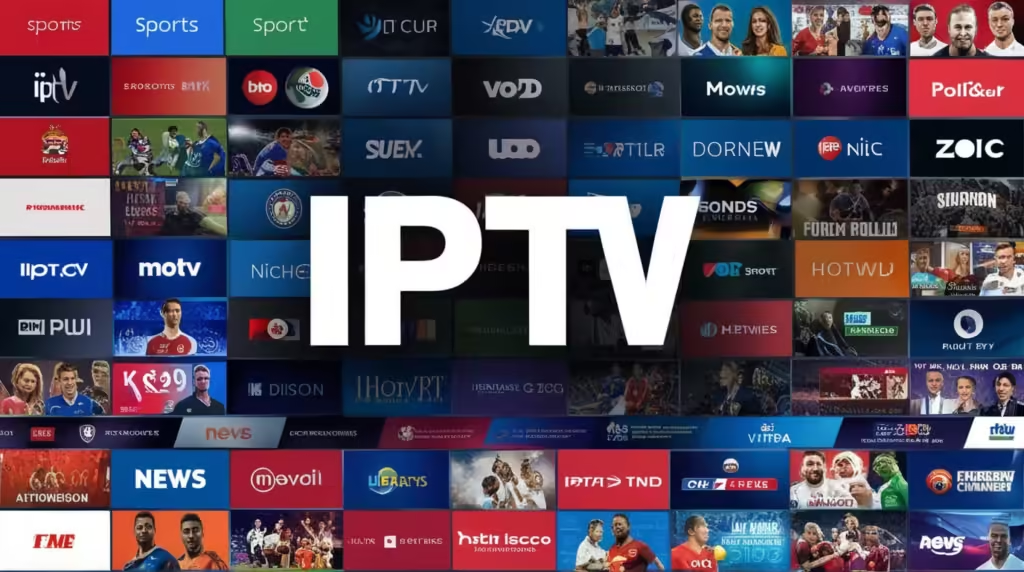
Content Availability: Is IPTV Better Than Cable TV in Offering Diverse Options?
Content availability is a key factor in determining whether IPTV is better than cable TV. IPTV services typically excel in providing a wide range of content options, catering to diverse viewing preferences.
One of the significant advantages of IPTV is its access to international content. Unlike cable TV, which may be limited to regional channels, IPTV services often offer a global selection of channels and on-demand content from various countries. This international reach allows viewers to explore content in different languages and genres that may not be available through traditional cable TV.
Additionally, IPTV services often include access to extensive Video on Demand (VoD) libraries. These libraries offer a vast collection of movies, TV shows, documentaries, and more, allowing users to watch content at their convenience. Cable TV, while offering some on-demand content, usually has more limitations and fewer choices compared to IPTV.
Live streaming is another area where IPTV shines. Many IPTV services provide live streaming of sports events, news broadcasts, and other real-time content. This capability can be particularly appealing for sports enthusiasts and news junkies who want to stay updated with live events without being restricted by cable TV’s schedule.
Moreover, IPTV services often feature niche channels and specialized content that cater to specific interests, such as lifestyle, educational, or hobby-related programming. This level of content specialization can enhance the viewing experience for audiences with unique preferences.
In summary, IPTV’s broad content availability, international reach, extensive VoD libraries, and live streaming options generally make it a superior choice for viewers seeking diverse and comprehensive entertainment options.
User Experience: Is IPTV Better Than Cable TV in Terms of Interface and Accessibility?
When considering whether IPTV is better than cable TV, the user experience plays a significant role. IPTV often excels in providing a more modern and user-friendly interface compared to traditional cable TV.
One of the primary advantages of IPTV is its intuitive interface. Many IPTV services feature sleek, easy-to-navigate menus that allow users to quickly find and access their desired content. This user-friendly design often includes search functionality, personalized recommendations, and straightforward category browsing, which can enhance the overall viewing experience.
Additionally, IPTV services typically offer advanced features such as multi-screen viewing and simultaneous streaming. This functionality allows users to watch different programs on various devices at the same time, catering to the diverse needs of households with multiple viewers.
The accessibility of IPTV is another notable advantage. Since IPTV is delivered over the internet, users can access their content from virtually anywhere with a stable internet connection. This level of accessibility means you can enjoy your favorite shows and movies at home, on the go, or even while traveling, making IPTV a highly versatile option.
Furthermore, IPTV services often integrate with smart home technology, allowing for voice control and seamless interaction with other connected devices. This integration can enhance the convenience and efficiency of managing your entertainment options.
Overall, the modern interface, multi-screen capabilities, and broad accessibility of IPTV generally provide a more engaging and convenient user experience compared to traditional cable TV.
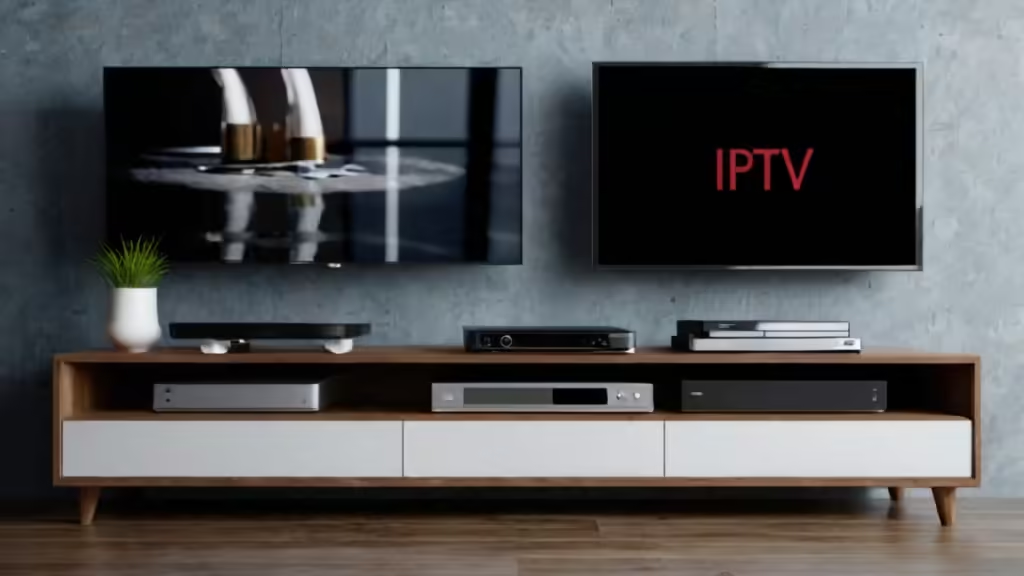
Conclusion
In the debate of whether IPTV is better than cable TV, the answer largely depends on individual preferences and priorities. IPTV offers numerous advantages in terms of features, flexibility, cost, content availability, and user experience. Its ability to provide customizable channel options, advanced functionalities, and a diverse range of content makes it a compelling choice for many viewers.
On the other hand, cable TV still holds value for those who prefer a traditional viewing experience with established reliability. Ultimately, the decision will hinge on your

